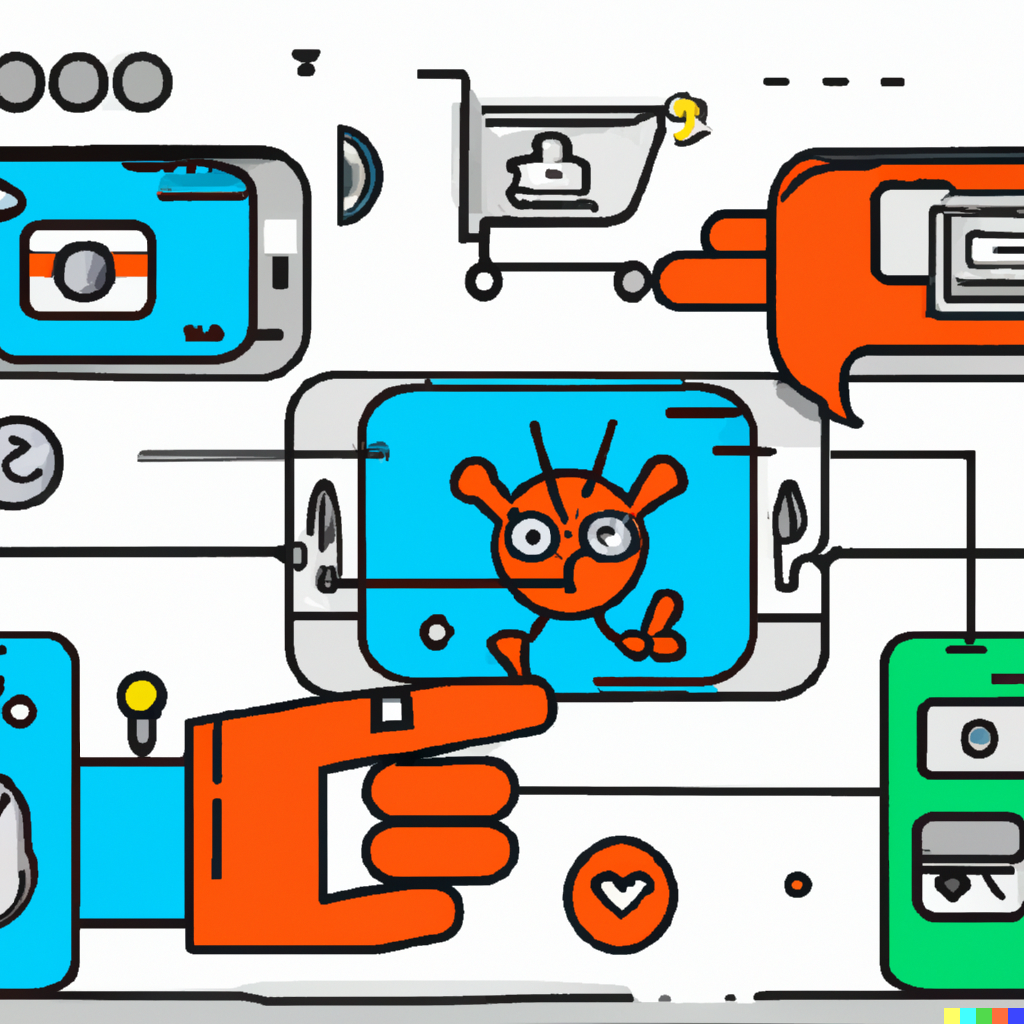
Welcome to ReporterExchange.com. Please wait, its Loading...

Welcome to ReporterExchange.com. Please wait, its Loading...

Artificial intelligence (AI) has been a hot topic of contention when it comes to content creation. It could have serious impacts on the way society consumes and produces news content. With the increasing amount of information available online, it has become more challenging to verify the accuracy of news stories. During the years of Covid, before the significant rise in AI, this had already become apparent to almost everyone. Everywhere you looked there was another lie or coverup by the mainstream media, governments, health officials, and more. Fact-checking has become a crucial aspect of journalism and AI has the potential to either improve this process while also having the potential to pollute all the original content on the internet. In this blog post, we will explore the use of AI for fact-checking news content, the benefits and challenges of using AI for fact-checking, and the ethical considerations involved.
AI-generated data has the potential to poison future AI models, leading to a dangerous removal from original content. As AI developers scrape the internet, AI-generated content may soon enter the data sets used to train new models to respond like humans. This could inadvertently introduce errors that build up with each succeeding generation of models, leading to a lack of credibility for media organizations and a lack of trust from readers
The risk of eventual model collapse does not mean the technology is worthless or fated to poison itself. However, the potential for AI-generated data to result in model collapse emphasizes the need to curate training datasets. Filtering is a whole research area right now, and we see it has a huge impact on the quality of the models. Given enough data, a program trained on a smaller amount of high-quality inputs can outperform a bloated one. Just as synthetic data aren’t inherently bad, human-generated data is not a gold standard. Using AI to generate text or images that counterbalance prejudice in existing data sets could be a powerful tool for creating more equitable AI models
When AI is trained on AI-generated data, strange things can happen. Scientists have discovered that learning from data produced by other models causes model collapse, a degenerative process whereby, over time, models forget the original data and become less accurate. This can lead to a lack of credibility for media organizations and a lack of trust from readers. Malicious actors can also manipulate or inject synthetic data into the training process, aiming to influence the model's behavior or introduce false information
Using the output data from AI systems to further train subsequent generations of AI models could result in irreversible defects and junk content. AI models like ChatGPT are trained using vast amounts of data pulled across internet platforms that have mostly remained human-generated until now. But AI-generated data using such models have a growing presence on the internet. Scientists liken this change to what happens when AI models are trained on music created by human composers and played by human musicians. The subsequent AI output then trains other models, leading to a diminishing quality of music. With subsequent generations of AI models likely to encounter poorer quality data at their source, they may start misinterpreting information by inserting false information in a process scientists call “data poisoning”
In conclusion, AI-generated data has the potential to poison future AI models, leading to a dangerous removal from original content. This could result in a lack of credibility for media organizations and a lack of trust from readers. It is essential to consider the impact of AI-generated data on the media industry and the role of journalists in ensuring the accuracy and credibility of news stories. As AI continues to evolve, it is important to take steps to label AI-generated content from human-generated ones, curate training datasets, and ensure transparency and accountability in the use of AI for fact-checking.
When a journalist writes an article they often want to include quotes from real people and real experts in their…
In an era where news spreads at the speed of light, the foundation of credible sources is more crucial than ever…
Citizen journalism, propelled by technology and democratic expression, is rapidly reshaping news gathering. Jour…
What is writer's block? This happens to everyone but using simple tools can help you easily get past it and beco…
The launch of a new help a reporter website, dedicated to honest and accurate journalism in a world hungry for t…
In this guide we talk about the strategies, tools, and insights into leveraging "help a reporter" services like …
Over the last few years we have seen a surge in media distrust, particularly due to the COVID information that c…
Over the last 50 years, the methods by with journalists have sourced information has changed drastically. It use…
This blog post provides a comprehensive guide on how to use PR to respond to negative feedback and manage your reputation.
Using AI for fact-checking and the consequences of training AI with AI content.